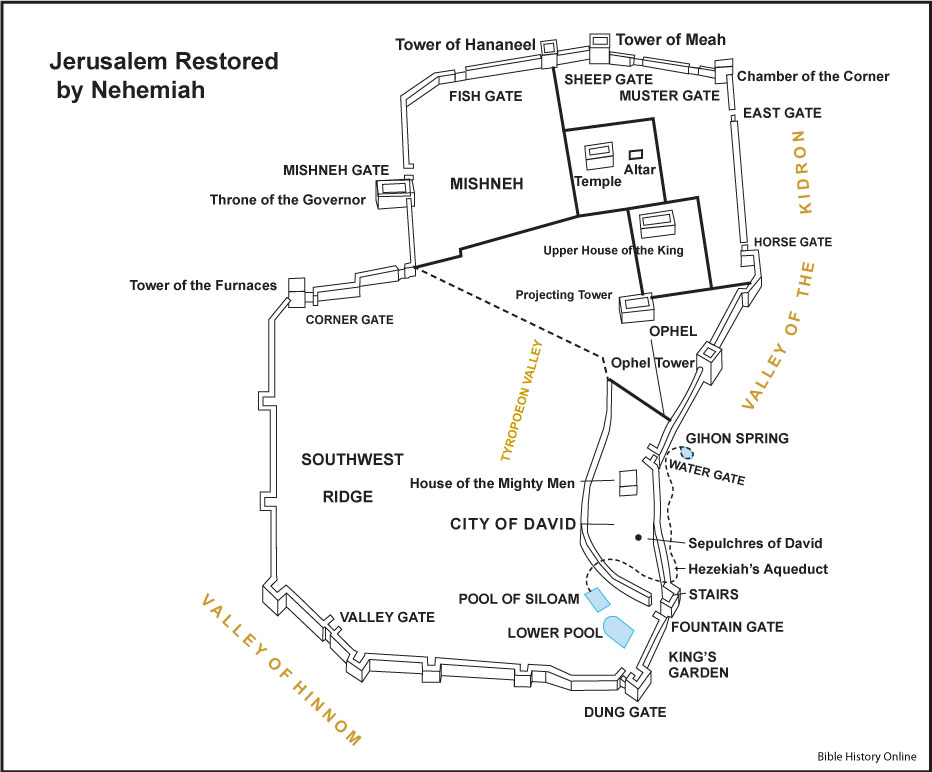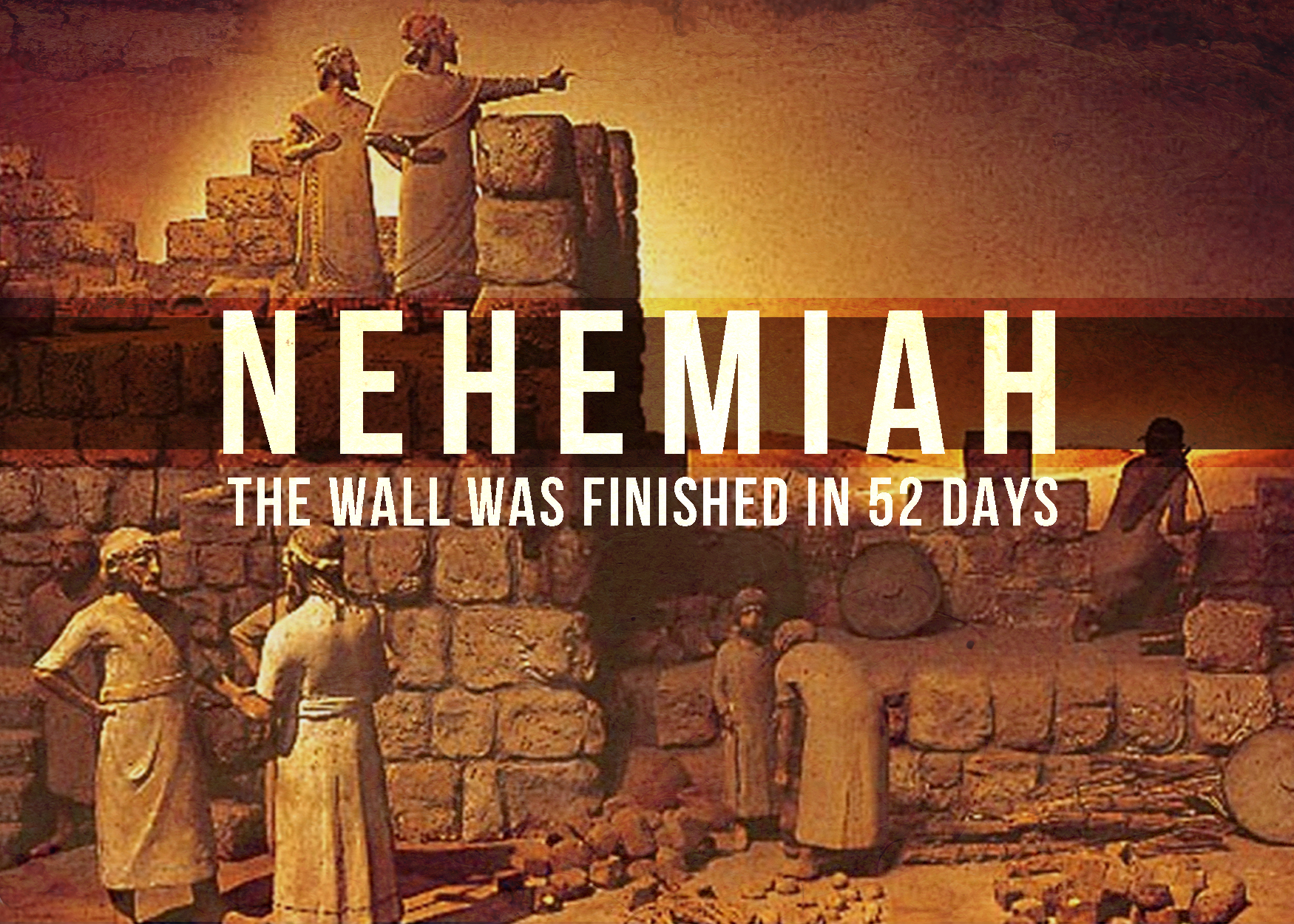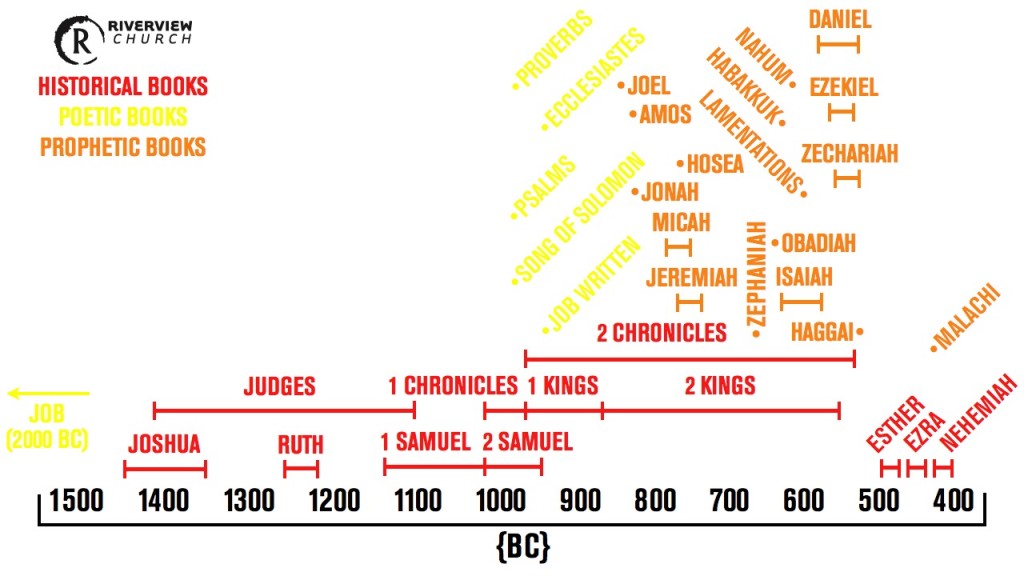The Bible Experiment Nehemiah
Welcome back to the Bible Experiment, wherein I experiment with the Bible by reading one book, and wrestle with it for AT LEAST a thousand words. I have come to enjoy the intro portion of this challenge greatly, mainly because it arbitrarily increases my word count and helps me on towards my thousand word goal. No. If you know me at all, I have no need of help, whatsoever, with getting to my goal of one thousand words. I think my latest movie deconstruction, Coherence, came in at an eye-popping 4,500 words? I can’t remember, but it was a lot. So no, I don’t need help in the word count category. And yet, here I am… continuing to type my intro. (Maybe I’ll check back at the end and see what the total would have been without the intro. That make you feel better? Cause what you are dying for at this point is word count, word count, WORD COUNT! hahaha.
Alright, this time through the Bible Experiment doors we are looking at Nehemiah. If you remember last time, we discussed Ezra – and I basically derailed on the very first few verses straight out of the gate. (As an aside, I’m already noticing tons of stuff that I missed in books I’ve already completed. Just piles and piles of not insignificant things either. Crazy big important things. But that’s just the way it goes when you start digging into the Bible, you realize just how much is there to consume.) Ezra was all about Israel being released to go back to their homeland in two waves, in order to rebuild the temple. The third and final wave returning to Israel happens here in Nehemiah. So that should give you context as to where we stand today.
Also, if you are intrigued as to the timeline of where we stand on the events of the Old Testament, this chart will help. And as you can see we are nearing the end of the chronological timeline anyway, of the Old Testament. We are by no means near done with the Old Testament at all (believe you me, I’m the first one to affirm this statement of fact!), not even close to close. Not even medium close. Not even far from close. Close to far? Never mind. (See? I have no problem with word counts.)
Nehemiah Context
The book of Nehemiah begins in Susa, a Persian city – somewhere around 444 BC. As the book opens Nehemiah travels to Israel, in order to lead the final transport of Jews out of Israel. (THE THIRD SORTIE IS AWAY! YAAAAAY! – Sorry. Starwars referen… oh never mind.) Once Nehemiah makes it to Jerusalem, most of the narrative conducts itself there. The narration of the book runs until somewhere around 430 BC. (Clever how the numbers run backwards. I’m sure that was confusing to the little Israelites. “What year is it Abba?” “Why its, 430 BC. Your birthday, you are one year older than you were last year in 431!” “Wait, what?”) As the book opens, our narrative arc is setup almost immediately for the book with this…
“I questioned them about the Jewish remnant that had survived the exile, and also about Jerusalem. They said to me, ‘Those who survived the exile and are back in the province are in great trouble and disgrace. The wall of Jerusalem is broken down, and its gates have been burned with fire.'”
So Nehemiah wigs out – totally loses his crap, because their home is gone… the fortifications are gone… and its an indication that God’s favor is not with the remnant. But towards the end of chapter one we see where this is going as he prays to God for His intervention:
“‘Lord, let your ear be attentive to the prayer of this your servant and to the prayer of your servants who delight in revering your name. Give your servant success today by granting him favor in the presence of this man.’
“I was cupbearer to the king.”

<blockquote>”’Why does your face look so sad when you are not ill? This can be nothing but sadness of heart.’
“Then I prayed to the God of heaven, and I answered the king, ‘If it pleases the king and if your servant has found favor in his sight, let him send me to the city in Judah where my ancestors are buried so that I can rebuild it.’“Then the king, with the queen sitting beside him, asked me, ‘How long will your journey take, and when will you get back?’ It pleased the king to send me; so I set a time.”
We have here the project scope and charter documents, in the problem statement, “Send me to the city in Judah so that I can rebuild it.” We see the king negotiate with Nehemiah when he asks his project manager about the duration, cost, and effort. “How long? When will you be back?” and then we see Nehemiah going way out on a limb and setting a time. Now, we don’t know what that timeline was… but we know it was a very ambitious timeline by how Nehemiah acts throughout the rest of the book. The man basically just lit his own hair on fire and launched out of the gates to get this job done.
Also, did you notice that the Queen was sitting there as well?! Hahah. This is a nice touch to show us just how big a deal this was that Nehemiah was talking to the King right now. This was a very formal occasion, and all eyes were on the two of them right now.
Nehemiah then cunningly asking for letters for all the “Trans-Euphrates” governors allowing him passage. He also asked for a letter to “Asaph, keeper of the royal park” so that he can get the timbers he needed. This wasn’t something Nehemiah thought up on the fly. He’d already figured out that if he was going to rebuild the walls of Jerusalem, on a deadline, this was what he needed. Firstly, safe passage. Secondly, he was going to need resources. See, Nehemiah is a kick ass project manager… he had a plan, and he executed on it. And not only did the king provide him with the letters, he also offered him army officers and calvary to attend him.
Enter conflict – (Neh 2:10) – “When Sanballat the Horonite and Tobiah the Ammonite official heard about this, they were very much disturbed that someone had come to promote the welfare of the Israelites.” And now we have the risks in the project plan coming to fruition. When I was a PM back in the day, when I listed out the risks to any given project, I would list out the normal stuff – lack of funding, key resources going AWOL, competing priorities… you know the drill I’m sure. But I would also list out one totally off the wall risk to highlight the fact that we can’t control everything and that really ANYTHING can go wrong here. For example I would list, Asteroid striking the data center, or Alien abduction … or what have you. Sanballat and Tobiah are Nehemiah’s asteroid strike in the project plan. They are the worst possible fear of the PM coming to life, and as the book progresses we see these two head-jobs doing their best to completely dismantle this project in any way that they can.
As the next couple of chapters unfold we see that things actual start moving very quickly. Nehemiah gets the timbers, checks to see how bad the walls are, meets with the officials of Jerusalem, and gets the families of Israel working, each on their own section. And before you know it, they are half way done.
Throughout the rest of the book of Nehemiah Sanballat works overtime to catch Nehemiah sleeping at the switch. Five times he calls the Israelites to battle out on the plains, and Nehemiah ignores him each time. There was also a plot to trap Nehemiah in the temple by Sanballat that failed due to Nehemiah’s single mindedness of his pursuit towards finishing the work.
Much is made of how Nehemiah instructed the workers to keep their swords with them at all times as they worked. One man always watched while the other rebuilt the walls. But for me one of the really important sections of Nehemiah was how he realized that the leaders of Israel were charging enormous interest against the people’s farms and vineyards. Nehemiah saw that they were starving as a result and unable to work. So he went to the leaders of Israel and got them to drop the interest and thereby freeing the people from their debts. This unified the people under Nehemiah faster than anything else I’m sure.
Then in the middle of the book, Ezra reads the law, and recognizes aloud in front of all the people that God is the center of everything. He is the creator of all things under heaven. It is by God that we move and live and have our being. The people, under Ezra’s leadership confess their sins and commit to diligently following after God. The rebuilding of the walls of Jerusalem weren’t just a great civic duty on behalf of Nehemiah, they were also an enormous spiritual one as well. The Israelites had wandered away from God, and because of that, they were taken into captivity as it had been prophesied. And so it was obvious to the people, that part of their restoration was their asking for forgiveness and deciding to walk closely after Him.
I too need to realize my place in the universe and recognize my own willful sin against God. Just rebuilding the walls won’t do anything. Sure, they were thankful that Nehemiah came along and helped them get their act together. But at the end of the day it was their contrition and penitence to God that really got their kingdom back on track. Here we see Jesus talking about a similar situation wherein someone is trying to get their life back on track:
“When an unclean spirit goes out of a man, he goes through dry places, seeking rest, and finds none. Then he says, ‘I will return to my house from which I came.’ And when he comes, he finds it empty, swept, and put in order.
Then he goes and takes with him seven other spirits more wicked than himself, and they enter and dwell there; and the last state of that man is worse than the first. So shall it also be with this wicked generation.” (Matthew 12: 43-45)
Just because they rebuilt the walls doesn’t mean it would be better from then on out. As we see here, it could have been much worse if they didn’t choose to walk closely with God and follow His commandments.
After sorting out everything in Israel, Nehemiah went back to King Artaxerxes as he promised he would do. He stayed as the King’s cupbearer for twelve years before he asked permission again to come back it Jerusalem and check on things. The final chapter details how Nehemiah saw in 12 years how the Jews were not following the commandments of God already. They were not keeping the temple holy. They were selling on the sabbath. Nehemiah came through and cleaned house with authority. He set guards at the gates in order to keep merchants out. He tossed out the people that had set up shop in the temple. He truly felt it was critical that they continued following after God diligently.
And it is this lesson above all else that I find encouraging from Nehemiah. I adored the fact that a normal man can do great things for God when he is diligent to follow God and takes the opportunities given to him. I also liked how practical he was in his obedience and fulfillment of the prophecies. But most of all I like how he shamelessly called others to walk closely to God. I too want to intervene in your own life and let you know that God really does want to walk closely with you through your days. He loves you and cares about you. So much so that He would intervene today to help you rebuild your walls and to draw close to Him through the reading of the Law and through the confession of sins. He wants to restore you to Him above all else.
As I have said before, the Bible is one long love letter directed entirely at you. If you walk through it from beginning to end you will see just how He has intervened in history from the beginning of time until now. And He has done that 100% for you. To provide a way for you to live in relationship with Him now. That empty feeling in your gut that is questioning the deeper meaning of life? Or as Pascal so famously stated, we all have a God-shaped hole in our hearts that directs us to Him. He really does want to fill that gapping wound in your heart.
The book ends with the last thoughts of Nehemiah on the topic, “Remember me with favor, my God.” And I too echo Nehemiah’s sentiment, “Remember me with favor, my God.”




